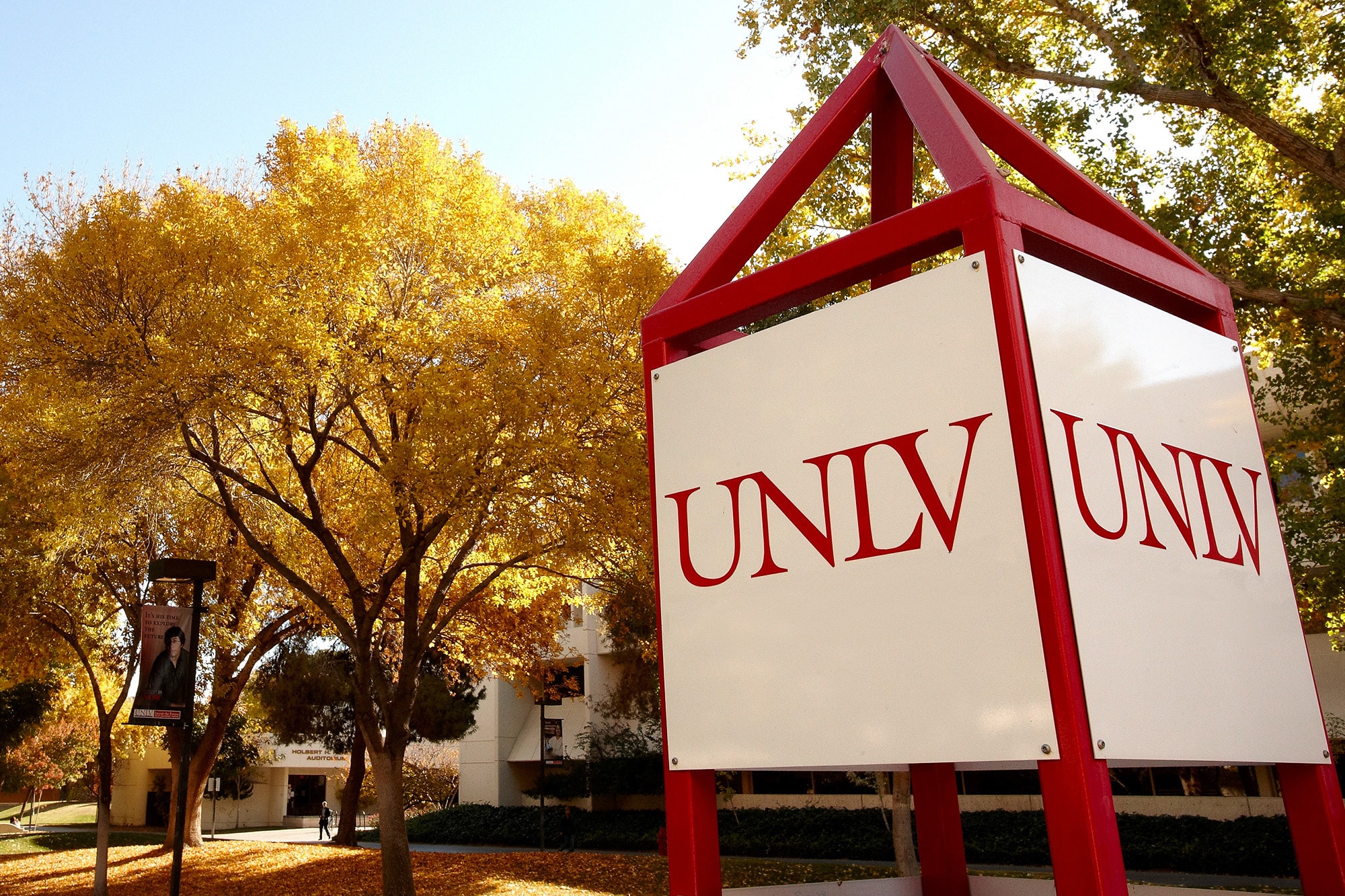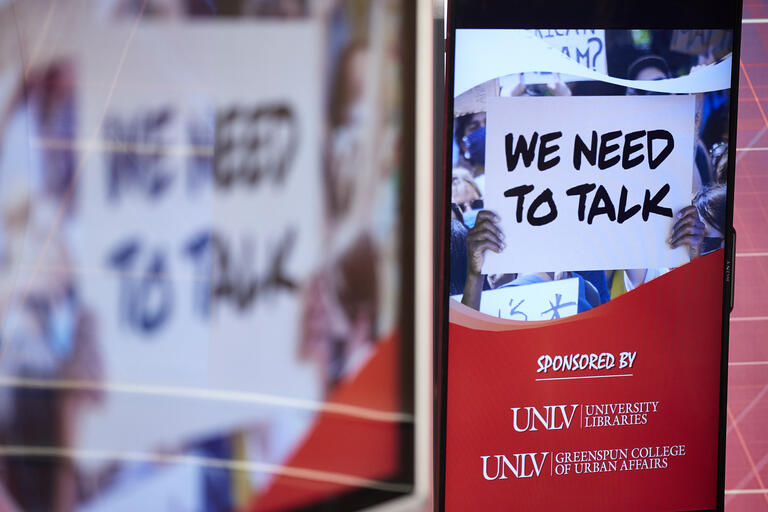More than 100 Native American high school students will attend workshops at UNLV this year, providing Native American youth with skills for addressing life's obstacles in higher education and health.
The program, called DreamCatcher, kicks off this Saturday with about 30 students and parents from local tribes in grades 11 and 12. DreamCatcher includes sessions on physical activity such as dance, martial arts and weight lifting, combined with traditional college readiness sessions on financial aid, admissions and campus life.
"This project approaches wellness from a holistic viewpoint by incorporating cultural sensitivity to real life situations," said UNLV Community Health Science professor Carolee Dodge Francis. Francis also is Executive Director of the UNLV American Indian Research and Education Center. "By connecting Native students with a Native university network including resources that are reflective of their tribal background, the aim is to encourage take home skills that can be used immediately."
Native Americans comprise less than one percent of college graduates each year, and, according to the National Center for Education Statistics, less than one half percent of all advanced degree recipients.
Obesity rates among Native American teenagers have reached epidemic proportions. Cases of Type 2 diabetes among Native American teens have increased by 68 percent from 1994-2004, according to the Indian Health Service.
DreamCatcher aims to boost prevention and education on health matters in Southern Nevada by collaborating with leaders from the Las Vegas Paiute Tribe Health and Family Services, United Natives organization, and the American Indian Research and Education Center and the Moapa reservation.
DreamCatcher is sponsored jointly by Carlos Santana's Milagro Foundation and The Lincy Institute at UNLV.
Students who attend the workshop and later enroll in college will have access to online mentoring through the support of United Natives, a Native non-profit organization that provides college digital mentoring, and was founded by a UNLV graduate student. Students will be partnered with a mentor who is also Native American and has a career in their interest area. Mentors, who live throughout the country, will stay in touch with students via texting, email, blogging and Skype to make sure there are on track to graduate college.
Dodge-Francis, a member of the Oneida Nation of Wisconsin, is known throughout the country for her work on obesity and Type 2 diabetes prevention and education in Native American communities. Her work includes authoring and developing a national science-based K-12 curriculum that is culturally sensitive to teaching diabetes science within tribal communities.
She also was recently awarded a $1 million grant, allowing UNLV to create a summer research program for Native American high school students to develop hands-on experiences with biomedical, behavioral and clinical research, prevention and outreach targeting health disparities in diabetes, endocrinology, metabolism, nutrition and obesity.
The grant, Journey, was awarded by the National Institute of Diabetes and Digestive Kidney Disease, Short-Term Education Program for Underrepresented Persons.
Students who attend the Dreamcatcher workshops will be eligible for the Journey summer program.



